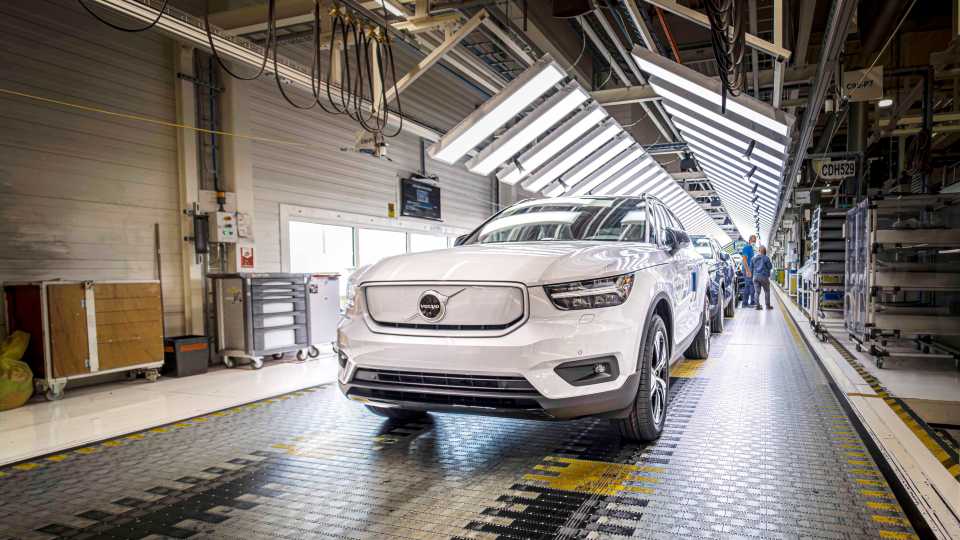Many OEMs are largely on track to hit emissions targets set by the European Commission, despite new car registrations being severely affected by the Covid-19 pandemic.
According to data collected and updated on a monthly basis by JATO Dynamics, for 21 countries in Europe, the average CO2 emissions totalled 102.2 g/km – under the New European Driving Cycle (NEDC) between January – August 2020. By these calculations, the European automotive market is currently 6.5 g/km over their combined target for 2021– this is a dramatic shift when compared to figures recorded in 2019.
Despite overall registrations falling by 29% between January and September this year – when contrasted with the same period in 2019 – registrations for electrified cars increased by 67% through September to 1.54 million units. This increase goes some way to explain the double-digit drops seen in demand for gasoline and diesel cars, and the increase in market share for EVs from 7.8% in January – September 2019, to 18.1% in January – September 2020.
Geely Group has secured pole position in race for CO2 rankings. The owner of Volvo (which accounts for 99% of Geely Group’s volume in Europe), Polestar, LEVC and Lotus, met the target by August, 4 months ahead of the deadline.
Geely’s CO2 target for 2020 was an average of 110.3 g/k, but by August 31st its average was 103.1 g/km – making Geely the only manufacturer to outperform the target. A consistent focus on EVs is behind this achievement, with electrified vehicles accounting for almost half of its registrations in August, and 38% in January – August 2020.
BMW is next in line to meet the target. With an average of 103.5 g/km in August, they are only 0.54 g/km above their target of 102.9 g/km. If this average remained the same, the German car maker would only have to pay a minimal penalty at the end of the year. Meeting their target is more than achievable due to their mix of two strategies: increasing the share of electrified vehicles on sale, and the relatively low emissions generated by their diesel cars.
Source: https://greenfleet.net
CUT COTS OF THE FLEET WITH OUR AUDIT PROGRAM
The audit is a key tool to know the overall status and provide the analysis, the assessment, the advice, the suggestions and the actions to take in order to cut costs and increase the efficiency and efficacy of the fleet. We propose the following fleet management audit.




